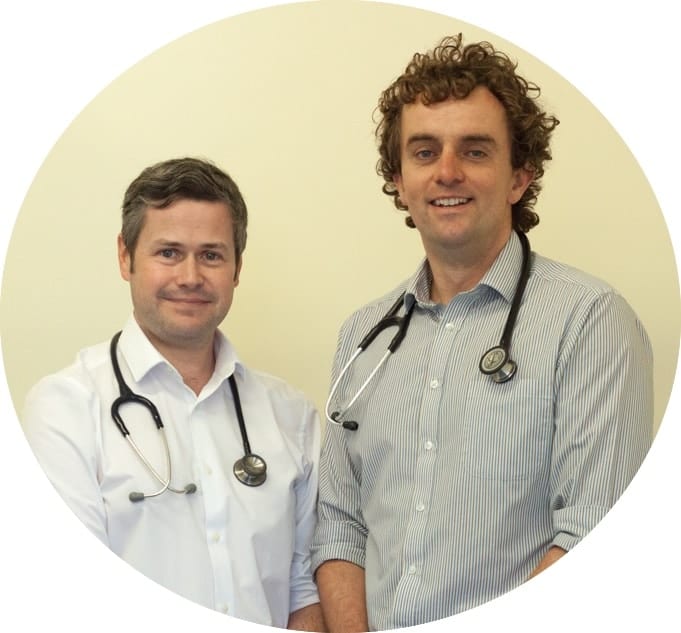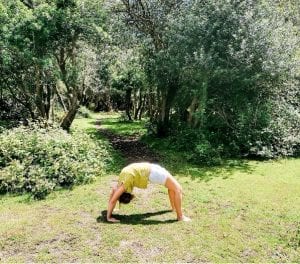During these crazy times we live in, it’s important now more than ever to look after ourselves as much as we help other. Here’s a guest blog post from Dr Emma Thurston with some valuable tips on how to do just that.
Sometimes as medics we can be so preoccupied by caring for others we forget to look after our own wellbeing. I think to ‘find the time’ we have to prioritise self-care. I’m lucky, I’ve found fun activities I thrive off and can’t wait for each day which support my wellbeing. For those still searching for ways to look after their wellbeing which excite or sooth them to a point they count down the clock until it’s wellness time, in this article I’ll run through a few suggestions of things you could look into as part of your welling routine. Just like when we’re talking about behaviour change with our patients, ultimately it’s what you enjoy which we’ll all keep coming back to. So, whether it’s a walk in nature, run, cup of coffee with a friend or a new book in a bubble bath, find something you love to look after yourself. Put it in the diary and make a date with self-care.
Stuck for ideas? Here are some of my personal favourites which help me thrive.
Breathing
I love breathing exercises because they are so simple and subtle, you can do them anytime, anywhere and no one is none the wiser. It’s amazing how effective they can be. Your breath is a surprisingly powerful tool which can help ground us, find stillness in a busy day, or energise us. One which I used around the wards during my hospital jobs is box breathing. It’s used by Navy Seals too! To practice box breathing you picture a square in your mind (or use a window frame as a guide), breathe in up the left vertical edge of the square for 4 seconds, hold for 4 seconds picturing moving along the top horizontal edge, and then breathe out for 4 seconds moving down the right vertical edge of the square, then hold again for 4 seconds along the bottom horizontal edge to complete the square, and repeat as many times as you like. ⠀
If you like the sound of breathwork follow me on Instagram where I share a few short breathwork videos, or feel free to reach out and I am happy to share my favourite breathwork apps with you 😊.
Yoga
Not to be too cliché, but yoga has changed my life. I practice each morning and it changes my outlook on the whole day. Whilst many come to yoga for the physical benefits, as you deepen your practice you often find improved mind-body connection and, potentially, a spiritual aspect of the yoga lifestyle. If it’s just the workout you’re looking for that’s great too. Yoga has been shown to reduce perceived stress & cortisol levels and improve quality of life and mental wellbeing (check out my blog on the health benefits of yoga for references). All this enthusiasm yet even I had trouble getting into yoga to begin with! Key for me was finding a teacher and style of practice which resonated with me. I encourage everyone to at least give it a go. If you need suggestions for places to go for a home practice if a yoga studio doesn’t appeal to you, check out my blog post here.
Mindfulness
Mindfulness is when we focus our awareness of the present moment, calming acknowledging and accepting our feelings, thoughts, and physical sensations in a non-judgemental manner. There are many ways to practice mindfulness, from mindfulness meditation (to get started you can use an app, such as Calm, Headspace, Waking up, insight timer or 10 percent happier to name a few), or if you’re someone who enjoys instant biofeedback check out Muse (you can read my blog about it). If sitting still doesn’t appeal to you you can go for a mindful walk such as forest bathing, listen intently to your favourite music or even eat mindfully.
One app which could help us during our working day is the TREAT app, designed by doctors, for doctors. It provides mindfulness practices from 40 seconds to 45 minutes and has sessions you can do whilst washing your hands, or even after an emergency.
Gratitude
Gratitude is something I have taken up over the past year or so. Gratitude is a practice within the field of positive psychology. It draws your attention to the good things which we experience in life. They can be big things, like the love of your partner, to the small, like a warm cup of coffee on a frosty morning. The reason this reliably increases our wellbeing is that it’s human nature to focus on the negative, we evolved to scan the horizon for threats and predators. To take a modern-day example, if you post a picture on Instagram and 99% of comments are positive and 1% is negative, where do we all focus!? We all disproportionately draw our attention to those negative comments. Gratitude draws our attention to the positive things in our lives we can so easily overlook or ignore.
You could start by writing a gratitude journal, writing down 3 things you’re grateful for at the end of each day. They don’t have to be related to work. If this is too much, you could just think of them. Over time this will help you to focus on the positives and have a brighter outlook on life.
Social fun
One thing that is vital to human flourishing is social connection. Whilst we’re running around trying to work and cope with the demands that adult life brings, it’s important to schedule in some fun time with our friends and family. This can be one of the first things to go if we don’t prioritise it when feeling stressed and overwhelmed. One way around this is to always have a date in the diary to see a friend. If you enjoy being physically active how about arranging a time to do something you enjoy together with a friend – a walk, cycle, game of tennis or paddleboard? Not only will you get the benefits of social connection but also of movement and being out in nature – win win win!
These are just some ideas which work for me to support my wellbeing. I think it’s important however to recognise that this doesn’t mean I feel it’s solely the role of the individual to take care of ourselves. We all know the prevalence of mental distress in our profession. To see significant improvement, I personally feel we need a culture shift within the NHS as a whole where the wellbeing of health care professionals is considered as big a priority as caring for our patients.
I hope these suggestions help – let me know how you get on.
Emma x













